The luthier dedicated much of his life restoring stringed instruments that belonged to Jewish musicians during the Holocaust
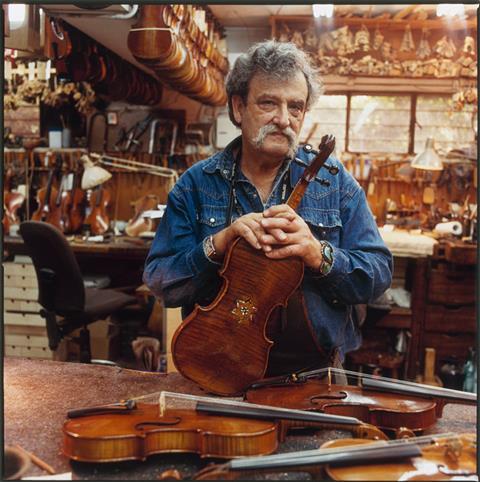
Read more news stories here
Israeli luthier Amnon Weinstein died on 5 March 2024, aged 84. The violin maker and philanthropist was the founder of the Violins of Hope Collection, which comprises stringed instruments connected with the Holocaust.
Weinstein was born on 21 July 1939 in Mandatory Palestine. His father Moshe Weinstein was a violinist and had trained as a violin maker in Warsaw in the early 20th century. Amnon apprenticed with his father and went on to study violin making in Cremona with Pietro Sgarabotto, Giuseppe Ornati and Ferdinando Garimberti. He also studied in Paris with Etienne Vatelot.
In 1982, he won a gold medal and a certificate of excellence for violin sound at Salt Lake City. He was a member of Entente International des Maitre Luthiers et Archetiers d’Art, a member Bienfaiteur de Groupement des Luthiers et Archetiers d’Art de France and was a member of the Violin Society of America. He served as a judge in the violin makers competition in Salt Lake City in 1998 and the Etienne Vatelot Concours, Paris in 2004.
During the 1980s, Weinstein had his first encounter with a violin from the Holocaust after a young man brought him an instrument that had belonged to his grandfather, a prisoner at Auschwitz. Weinstein began to collect stringed instruments that were connected to the Holocaust, with many instruments having belonged to Jewish people before and during the Second World War.
Read: Book review: Violins and Hope: From the Holocaust to Symphony Hall
Read: Violins of Hope Richmond to showcase restored violins owned by Jewish musicians in the Holocaust
He established the Violins of Hope Collection with his son, Avshalom Weinstein, a luthier based in Istanbul, restoring the instruments to commemorate their former owners and players.
The project aimed to give voice to the victims and reinforce positive messages of hope and harmony: ’All instruments have a common denominator: they are symbols of hope and a way to say: remember me, remember us. Life is good, celebrate it for those who perished, for those who survived. For all people.’
Weinstein began to initiate concerts using the instruments from the Violins of Hope Collection, combining music making with educational events about the Holocaust. The first major concerts were held in Istanbul and Jerusalem in 2008, where 16 violins that had survived the Holocaust were played by Shlomo Mintz, Yair Dalal and Cihat Askin with the Istanbul Philharmonic and the Ra’anana Symphonette, conducted by Omer Welber.
Concerts and exhibitions continued to be held throughout the US and internationally, including at the 70th anniversary of the liberation of Auschwitz, where Weinstein’s works was recognised by an exhibition and a concert with the Berlin Philharmonic Orchestra and Simon Rattle.
A recipient of numerous awards and accolades, he received the 2007 Ole Bull Prize, Bergen, Norway, 2007, the Medal of the Order of Merit of the Federal Republic of Germany in 2016, the Ernst-Cramer-Medal for the Violins of Hope project awarded to him by the Israel-German association, and the Legion of Honor in Israel in 2022.
As one of the founders of Keshet Eilon violin master courses, he operated a violin-making atelier and lectured on instruments’ history, construction and care.
Weinstein featured the documentary films Le Voyage d’ Amnon; Violins in War Time and Orchestra in Exile, a documentary about Bronislaw Huberman and the Israel Philharmonic Orchestra.
Watch: John Dilworth repairs a violin that survived the Holocaust
Read: Great string players of the past: Violinist Bronislaw Huberman
Read more news stories here
An exclusive range of instrument making posters, books, calendars and information products published by and directly for sale from The Strad.
The Strad’s exclusive instrument posters, most with actual-size photos depicting every nuance of the instrument. Our posters are used by luthiers across the world as models for their own instruments, thanks to the detailed outlines and measurements on the back.
The number one source for a range of books covering making and stinged instruments with commentaries from today’s top instrument experts.
This year’s calendar celebrates the top instruments played by members of the Australian Chamber Orchestra, Melbourne Symphony, Australian String Quartet and some of the country’s greatest soloists.




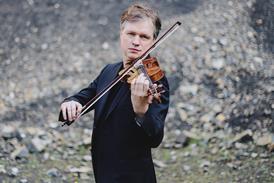

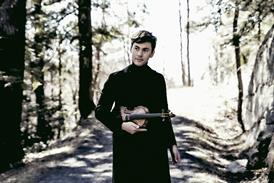





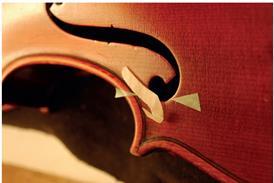
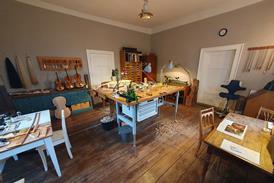
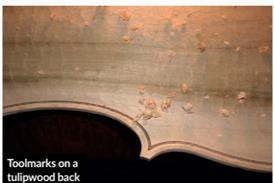








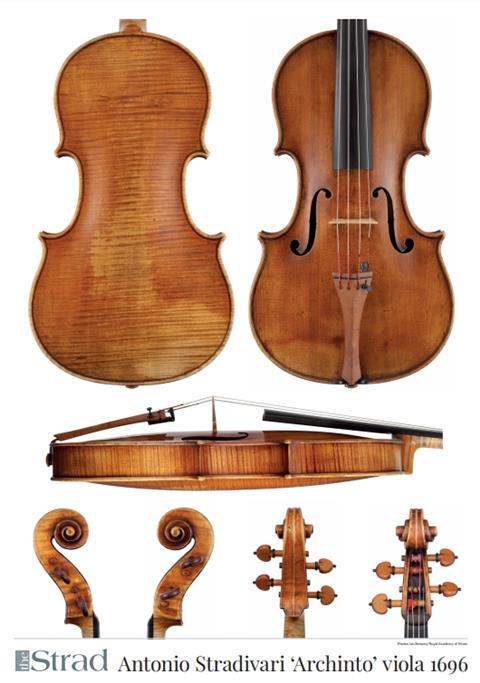
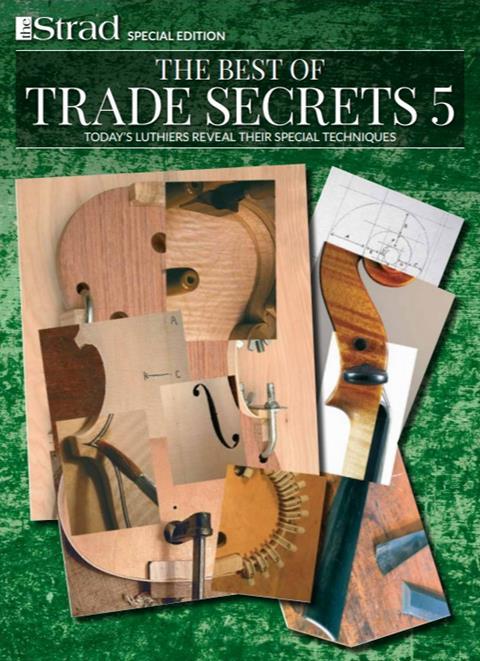
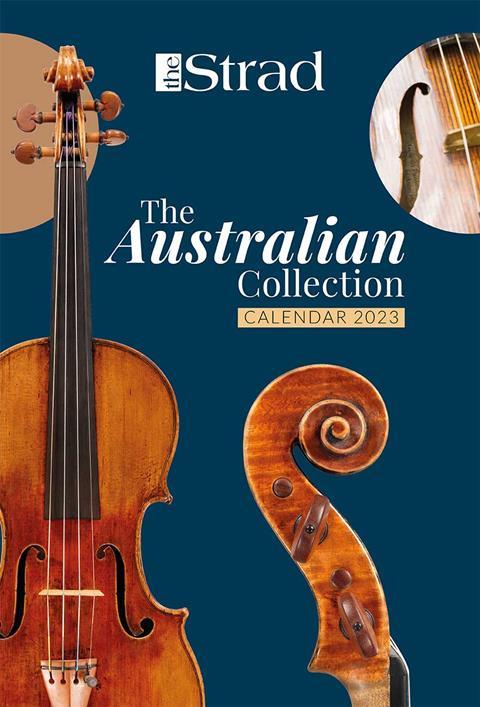












No comments yet